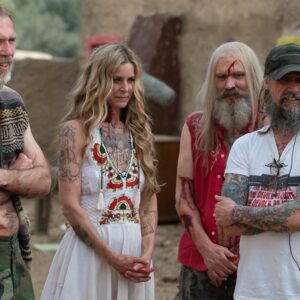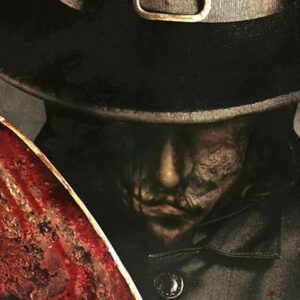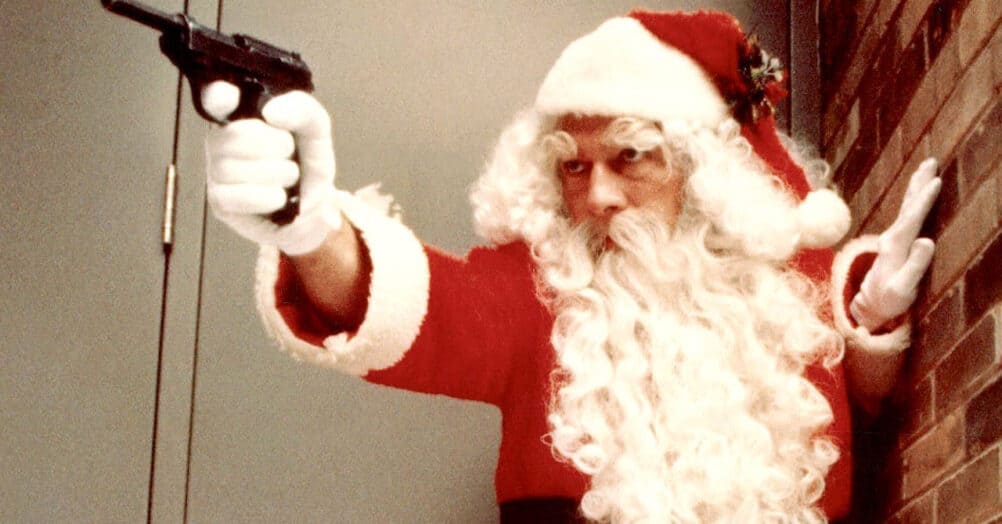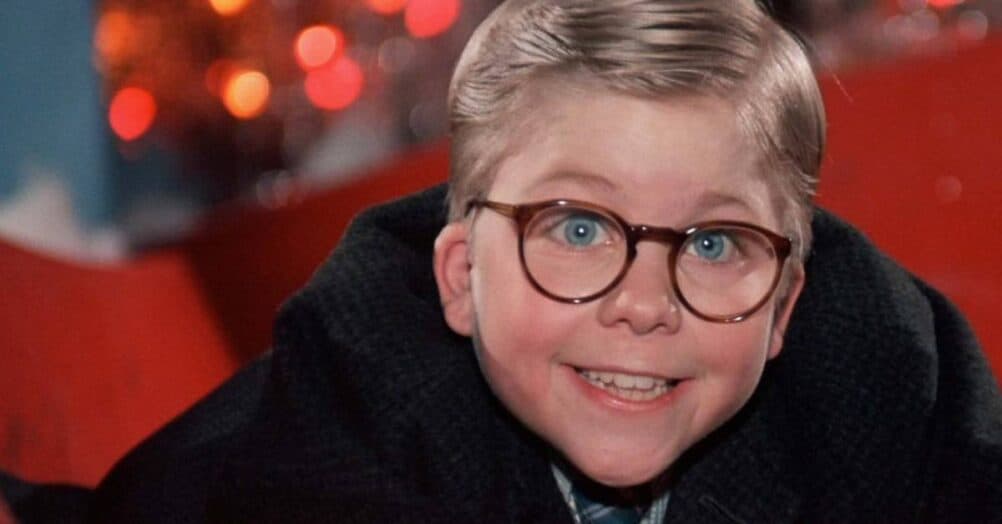
One
of the biggest surprises I had with the “sleaze-filled” and
amazingly kick ass Robert Rodriguez portion of GRINDHOUSE,
PLANET TERROR, was the love I had for the married couple from hell,
Mr. and Mrs. Brock. Both are
doctors and both seem to despise each other.
And you really can’t beat Josh Brolin and Marley Shelton as
the unhappily married duo. Yeah
sure, we all knew about the “machine gun leg” and Ms. Rose
McGowan, who rocks the screen, but did I have any idea the fun and
carnage these two brought. This
includes one of the most politically incorrect moments I’ve seen
in quite awhile at the local multiplex, you’ll know it when you
see it. Both of these pros
have had a pretty varied career and Josh’s dad made horror fans
happy with the original THE AMITYVILLE HORROR.
Well now, Josh adds a bit of genre history along side his
lovely, blood streaked wife played to perfect pitch by Marley.
Yes,
you guessed it. Marley and
Josh found themselves at the Four Seasons in
Beverly Hills
to talk about all things GRINDHOUSE.
They were both a whole lotta fun, and also charming and very
personable. They played off
each other very well and it seems their chemistry transcends the
silver screen. They both
talked about how Robert prepped them for their work and what it was
like playing a married couple that would make THE WAR OF THE ROSES
look like happy newlyweds. As
I’ve said before, it is great to see actors that are truly excited
by what they have done and trust me…PLANET TERROR is a blast that
will have you cringing, laughing and screaming at the screen.
Introducing… Mr. and Mrs. Dr. Block.
| Josh Brolin |
Marley Shelton |
 |
 |
So
how did this happen with [director Robert] Rodriguez for you guys? [Other
cast members] said that it was months before they found out.
They had seen him and then waited a year.
Marley
Shelton: I had worked
with Robert on ‘Sin City’ so we had a relationship, but I
auditioned for him. But
yeah, it was a few months before they told me I had the part.
I think they were playing around with the schedule because I
think Robert’s wife, Elizabeth, was 9 months pregnant so they
pushed production back. Originally
it was supposed to go a few months earlier, so I think that’s why
there was that lag time.
Josh
Brolin: I think it was
suppose to start March 1st and then it went in May.
MS:
I think even earlier. Yeah,
so they waited until after she had the baby to start.
So
what’s wrong with this marriage [Regarding their characters in “Grindhouse”?
[Laughter]
JB:
Nothing, it’s perfectly normal; the quintessential modern
marriage.
MS:
Quite frankly, if the zombies had never infiltrated our town,
it could have gone on for 30 more years – the Cold War marriage.
JB:
There would be movies and great documentaries based on our
marriage.
MS:
But the zombie effect is the catalyst that you know …
JB:
She tells a great story, you know Robert gave us these great
books that I don’t know, he came across them … go ahead, you
tell the story.
MS:
The first order of business was he gave these books called
“His Needs, Her Needs” and they were pop-psychology books on how
to salvage a doomed relationship. And
very seriously he told us, ‘I want you both to take these home and
read them. Tomorrow we’re going to discuss.”
And we discussed all the principles, and then how to do the
opposite in the movie.
JB:
So literally, how to create a doomed marriage by Mr. and Mrs.
Dr. Block.
MS:
Yeah.
How
do you act your role when you are making fun of your roles in the
movie and everything you are doing?
How do you play that?
MS:
As straight as possible.
JB:
I don’t think we did make fun of our roles in the movie.
MS:
It is the circumstances that are absurd, but if we were to be
over the top or cheeky or winking at the camera it [wouldn’t have
worked].
JB:
It would have been weird.
You
can’t camp that stuff.
MS:
No you can’t. It’s
like chocolate on chocolate otherwise.
JB:
Exactly, you know how you have such absurd circumstances, then you
have us that are truly like what they were back then, which she
mentioned earlier, where back in the exploitation times they took
all that seriously. It
was like their Shakespeare.
MS:
It was very earnest.
But
they were terrible actors mostly.
MS:
Not always. Sometimes
they were victims of their circumstances, which were just bad
movies. We could be made
to look quite bad in the wrong hands.
It’s the filmmaker’s vision.
JB:
Plus back then, with these guys, they didn’t have a lot of
experience [and] they didn’t have a lot of money.
So you’d get people literally off the streets saying,
‘Hey man, you ever acted before?
Want to be in my film? Because
you’d look awesome.”
So
what about the thing with the needles?
Was that a fun prop to be working with for the two of you?
It seemed a little threatening.
MS:
You know, there was a very strange thing that happened with the
needles, which was life imitating art, imitating life.
In the first scene which Nicky Katt,
who plays Joe, the first zombie who has to come and has to get his
arm amputated, some how – true story – we had prop needles which
were retractable needles, some how they got switched with real
needles, which were the picture needles for close-ups.
And
Nicky and I are doing the scene and we’re looking at each while
I’m saying the dialogue, while I’m administering the anesthetic,
and they yell cut and we look down and he’s like, “I think my
arm is bleeding.” And
he was gushing blood! I
had punctured his veins. It
was so horrifying. And
to make it even weirder, the guy who plays Dr. Felix, his colleague
who is showing all the grotesque photographs on the screen, was
Robert’s real doctor. He
thought, “Wouldn’t it would be so funny if I had Dr. Felix play
Dr. Felix?” And he’s
got this really great hilarious bedside manner that really is him.
That’s the way he talks.
They’re his pictures of disgusting things from the field.
And so just were like, “Doc Felix what do we do?”
JB:
Like literally, there was a doctor within 4 feet from them.
MS:
It was so surreal. I
know ‘surreal’ is an overused term.
Did
Nicky pass out?
MS:
He had the strangest reaction.
I think he was a little bit stunned.
JB:
I don’t know if he thought it was supposed to happen or
what, but they did several takes just like that, because in digital
you can just keep rolling. So
they did it again and again and again.
And finally it was like some reality, some sparkle in his eye
and you look down and you see this blood going ‘ssssh’ like
this.
MS:
Oh, it was awful! I
was horrified.
JB:
I’m still working on
that those were real pictures that they showed on the screen [Trust
me, he ain’t kidding. Wait till you see them.].
I
think the real deal is much worse.
It’s like having real bullets put in the prop gun.
I mean that’s really lethal.
JB:
That was a pretty powerful moment.
MS:
It was pretty crazy.
Josh,
I just saw an Academy screener of “The Dead Girl” and you gave
an incredible performance in that.
It’s a wonderful film.
I’m surprised it didn’t get more of a release.
JB:
I know, me too. I’m
very, very surprised. You
never know.
It
was a wonderful film. It’s
so depressing. It is
kind of difficult to say to people, “Let’s go see ‘The Dead
Girl.’”
JB:
I think a depressing story done by an incredible filmmaker is
a great. I mean it
depends.
MS:
It got nominated for an Independent Spirit Award, right?
JB:
It got nominated for Best Picture for an Independent Sprit
Award and all that. But
she deserves a lot of acclaim just as a filmmaker.
I mean “Blue Car” I saw, and I thought it was great.
Didn’t
you just finish with the Coen brothers, or are you still working
with them?
JB:
No, I finished last summer.
We’re
hoping that goes to Cannes.
JB:
I think they just showed it last Wednesday.
Marley’s
done “The Fifth Patient” since [“Grindhouse”], what else
have you done since this?
JB:
I did the Coen brothers’ film.
I did “American Gangster”.
Do
you live or die in that?
JB:
I’m not going to tell you that!
That was a huge bone of contention between Ripley, and I to
figure that out. What
direction we wanted to go with that.
And then Paul Haggis’
film, “In the Valley of Elah”
it’s called; [it’s] about a parent’s feeling about his son
going to war in Iraq. It’s
very personal.
Are
you the parent?
JB:
No, I’m not. Tommy
Lee Jones is the parent.
Was
your inclusion in “Death Proof” a kind of last minute decision,
or was it always intended?
MS:
It was a mid-way decision.
Michael Parks always plays this character, Earl McGraw, in
all of Quentin’s movies and in “From Dust til Dawn”, which
they both directed. So
Robert and Quentin both, of course, wanted to have Michael Parks
[playing Earl McGraw] in both of their movies in “Grindhouse”.
In
some markets they said these movies are going to be released
separately, and they are going to be longer versions.
That must be so exciting.
Have you seen the international versions?
JB:
I have not. We
just saw the domestic version a couple of days ago.
Josh,
your doctor character, the thermometer, was an affectation or was he
checking his temperature to make sure he was not getting sick?
JB:
No, no he was checking his temper.
Oh,
I thought maybe it was a Kojak, lollipop kind of thing.
JB:
No, no we talked about it because Robert and I thought he
should have some physical thing, and we went through a few different
things, toothpicks and all that.
Robert was the one who came up with the thermometer, saying
what if he was constantly checking his level of anger, the rage that
he felt. I thought it
was such a great idea. And then he did that that close-up later when
I break my “CRUNCH” [Breaking the thermometer].
Was
that at all because Quentin is such a Hollywood historian kind of
guy, was it a nod at all to your dad with “Marcus Welby”?
JB:
Well, Quentin brought up because I know “Death Proof” was
at least partially – and I don’t know how much – but partially
inspired, because Quentin came up to me and was like, “You know
your dad and ‘The Car’, remember that movie?
Where they couldn’t see who was in the car, and was it the
devil and was it not?” I
mean Quentin… everybody knows this and it’s become a cliché at
this point about what an encyclopedia Quentin is, but it really is
fascinating that he knows everything in every film and whence it
came and whence it went from that point and what was based on that
film, but I know “The Car” had a big influence on him writing
“Death Proof”.
Let
me know what you think. Send
questions and comments to [email protected].




















Follow the JOBLO MOVIE NETWORK
Follow us on YOUTUBE
Follow ARROW IN THE HEAD
Follow AITH on YOUTUBE